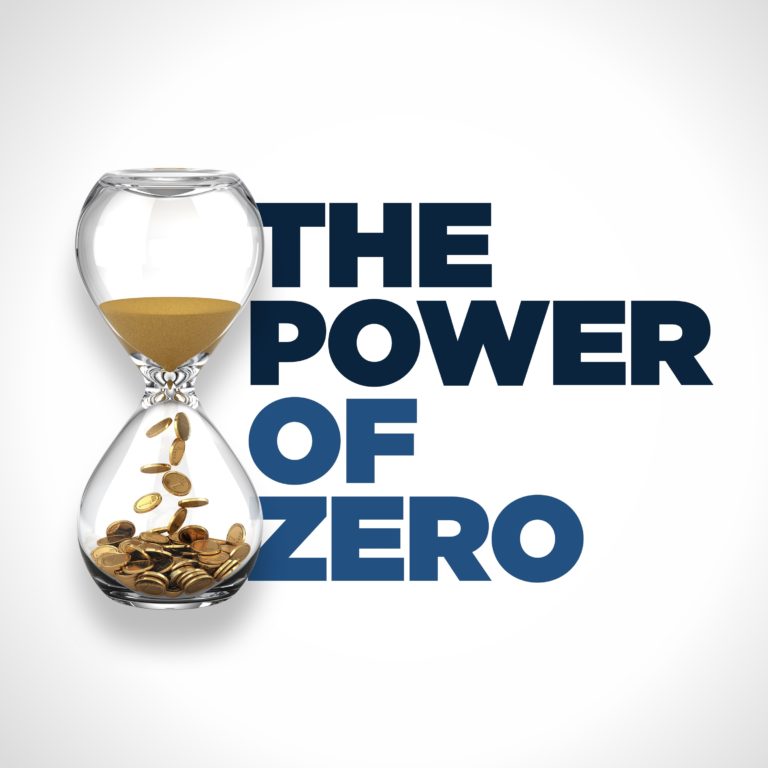Today’s episode is a podcast guest interview David McKnight did for Josh Jalinski’s The Financial Quarterback Podcast.
David gives Josh’s audience a quick bio that spans from his early days in the financial services space in 1997 all the way to his latest book The Guru Gap.
The premise of The Guru Gap is the difference between the 1990s when people had very few options to vet out financial planning advice and today, where they have plenty of ways to vet out.
Nowadays, whenever David makes a financial recommendation, 90% of his clients take to the internet to vet that recommendation.
In The Guru Gap, David focuses on financial gurus Dave Ramsey, Suze Orman, Ken Fisher, Clark Howard, and Ramit Sethi – and their advice.
Since financial gurus aim at taking important and complex financial principles and distilling them down into 10-second sound bites, they tend to give short shrift to a lot of details David’s clients would need to protect and grow their retirement savings.
The #1 goal most Americans have is to have their money last as long as they do.
Financial gurus have had an adversarial stance toward financial planners like David and Josh Jalinski.
Some of David’s clients who seem to put more stock into what these gurus have to say tend to forget that their advice typically isn’t undergirded by math and actuarial science…
Josh Jalinski shares a couple of stories that really tick him off when it comes to financial gurus and the consequences of their advice.
David believes that America is better off with people like Dave Ramseys and the like in it than without them.
“If you’re making $50,000 and spending $60,000 Dave Ramsey is precisely the person you should be talking to,” says David McKnight.
David sees people like Dave Ramsey be “good for bad investors, and bad for good investors”.
Wade Pfau thinks that following Ramsey’s advice of taking 8% withdrawal rates on your assets in retirement and putting 100% of your allocation in stocks, you’ll run out of money in advance of life expectancy 63% of the time.
David touches upon the so-called Dave Ramsey circle of poverty: he gets you out of debt on the road to financial success, and then he promptly bankrupts you by taking an 8% withdrawal rate.
Josh shares his thoughts on Dave Ramsey and explains that some people never save.
Citing former Comptroller General David Walker and Penn Wharton David talks about what could be waiting for the U.S. in the near future.
David gives out a couple of reasons why you should think about doing a Roth conversion.
David and Josh talk about saving future taxes when someone passes away.
A key question to ask yourself: Why not pay the tax today at 22% or 24%, so that your kids can inherit that money tax-free regardless of when they liquidate it?
David reveals that, because of The Guru Gap, he has received a cease and desist from one of the financial gurus mentioned in the book.
Josh and David dissect “the Ken Fisher approach” – including its key flaws and shortcomings.
In Josh’s opinion, one of the negative traits of financial gurus is their lack of availability for debate.
For David, the least expensive way to purge the longevity risk from your portfolio is an annuity.
Josh and David bring up financial advisors dispensing advice on TikTok into the conversation.
The overwhelming amount of tips shared by gurus leads to people making bad decisions or not making a decision at all.
Of the five financial gurus mentioned in The Guru Gap, Suze Orman (the only CFP of that group) is the one David McKnight likes the most, also because her advice is most in line with the mainstream financial planning consensus.
Ramit Sethi is the financial guru that seems to have the most adversarial approach toward financial planners.
David used to be a fan of Clark Howard who now has a strong opinion about cash-value life insurance and fixed-income annuities.
David lists steps people should be taking with their money from a tax and retirement perspective.
According to David, if ever there were a time in the history of our country to be undertaking a Roth conversion, it’s over the course of the next nine years.
Josh and David discuss a balanced financial plan that includes annuities to counter longevity risks, insurance to protect one’s family, money as a volatility buffer, equities to beat inflation, some Bitcoin, a little gold, and cash for emergencies.
Mentioned in this episode:
David’s national bestselling book: The Guru Gap: How America’s Financial Gurus Are Leading You Astray, and How to Get Back on Track
PowerOfZero.com (free video series)
@mcknightandco on Twitter
@davidcmcknight on Instagram
David McKnight on YouTube
Get David’s Tax-free Tool Kit at taxfreetoolkit.com
Josh Jalinski, The Financial Quarterback
How to Get Rich (Ramit’s Netflix special)
I Will Teach You to Be Rich: No Guilt. No Excuses. Just a 6-Week Program That Works by Ramit Sethi
How to Spot a False Prophet in the World of Finance (episode of The Financial Quarterback)
DOGE – Department of Government Efficiency
American Equity Investment Life Insurance (AEL)
Ernst & Young’s study on life insurance and annuities


